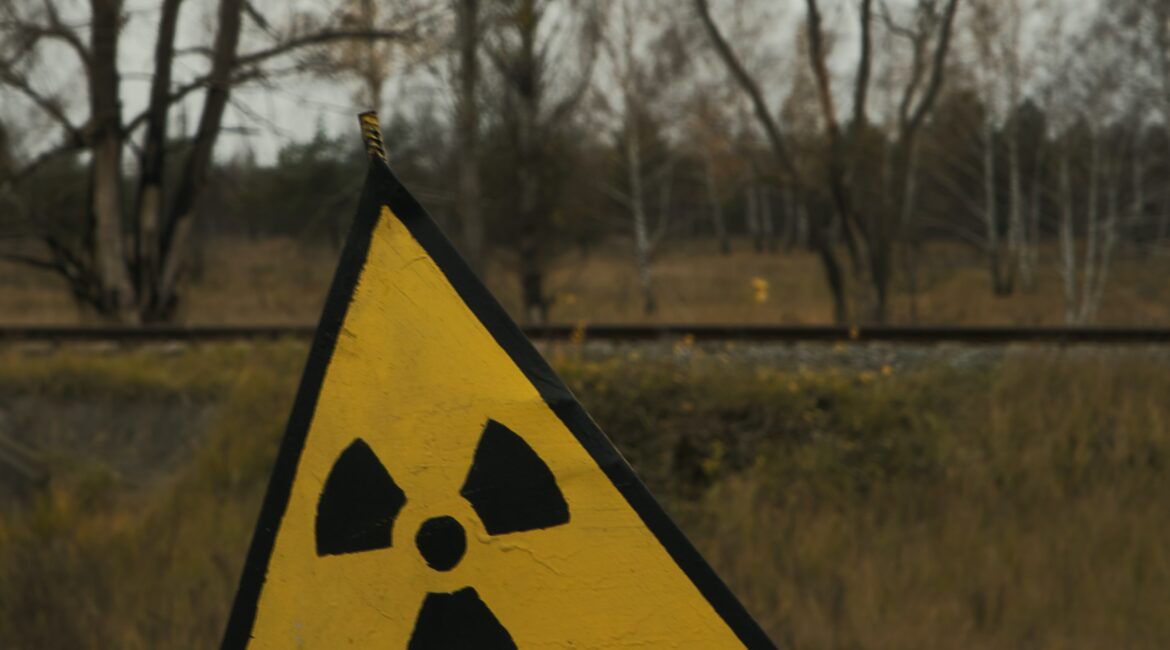Iran's president-elect staked out a hard-line position Monday in his first remarks since his landslide election victory, rejecting the possibility of meeting with President Joe Biden or negotiating Tehran's ballistic missile program and support of regional militias.
The comments by Ebrahim Raisi offered a blunt preview of how Iran might deal with the wider world in the next four years as it enters a new stage in negotiations to resurrect its now-tattered 2015 nuclear deal with global powers. Raisi offered no specific response to that dark chapter in Iranian history, but appeared confident and defiant as he described himself as a "defender of human rights".
The 60-year-old cleric, a protéjé of Iranian Supreme Leader Ali Khamenei, swept nearly 62% of the 28.9 million votes in Fridays presidential election, which saw the lowest turnout in the country's history. Millions of Iranians stayed home in defiance of a vote they saw as tipped in Raisis favor after a panel under Khamenei disqualified prominent reformist candidates and allies of relatively moderate President Hassan Rouhani. Tehran province had a staggeringly low 34% turnout, roughly half of previous years, with many polling stations noticeably deserted.
Concerning the talks over Iran's nuclear deal, Raisi promises to salvage the accord to secure relief from US sanctions that have devastated the Iranian economy. But he ruled out any limits to Iran's missile capabilities and support for regional militias- among other issues viewed by Washington as shortcomings of the landmark deal that the Biden administration wants addressed. "Its non-negotiable", Raisi said of Iran's ballistic missile program, adding that the US "is obliged to lift all oppressive sanctions against Iran."
Tehran's fleet of attack aircraft largely dates back to before 1979 revolution, forcing Iran to instead invest in missiles. Those missiles, with a self-imposed range limit of 2,000 kilometers (1,240 miles), can reach across the Middle East and US military bases in the region. Iran also supports groups like Yemens Houthi militias and Lebanon's Hezbollah to bolster its influence and counter its regional foes.
When asked about a possible meeting with Biden, Raisi curtly answered: "No." He frowned and stared ahead, without elaborating. His moderate competitor in the election, Abdolnasser Hemmati, had suggested during campaigning that he might be willing to meet Biden.
The White House did not immediately respond to Raisi's statements. Raisi will become the first serving Iranian president sanctioned by the US government even before entering office, in part over his time as the head of Iran's internationally criticized judiciary- a situation that could complicate state visits and speeches at international forums such as the United Nations.
Raisi's election vaults hard-liners to top posts across the government as negotiations grind on in Vienna to try to rescue Tehran's nuclear deal, which lifted sanctions on Iran in exchange for curbs on its atomic program.
In 2018, then-US President Donald Trump unilaterally withdrew America from the agreement, setting off months of spiraling tensions across the Middle East. Trumps decision has, over time, seen Iran abandon every limitation on enrichment uranium to 60%, its highest level ever, though still short of weapons-grade 90%. With the collapse of the deal, Rouhani and his fellow moderates watched their popularity plummet. Now, the ascendancy of a hard-liner hostile to the West has stoked concerns about the future of the accord and regional stability.
Raisi emphasized also the deals importance, describing sanctions relief as "central to our foreign policy" and exhorting the US to "return and implement your commitments", Whether Iran and the US will be able to move beyond the deal to discuss further thorny issues remains in question, however.
Iran President-Elect takes hard line and refuses to meet Biden

